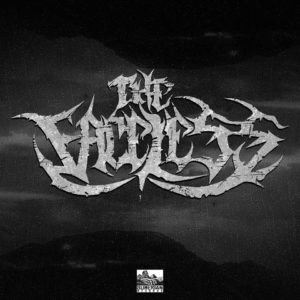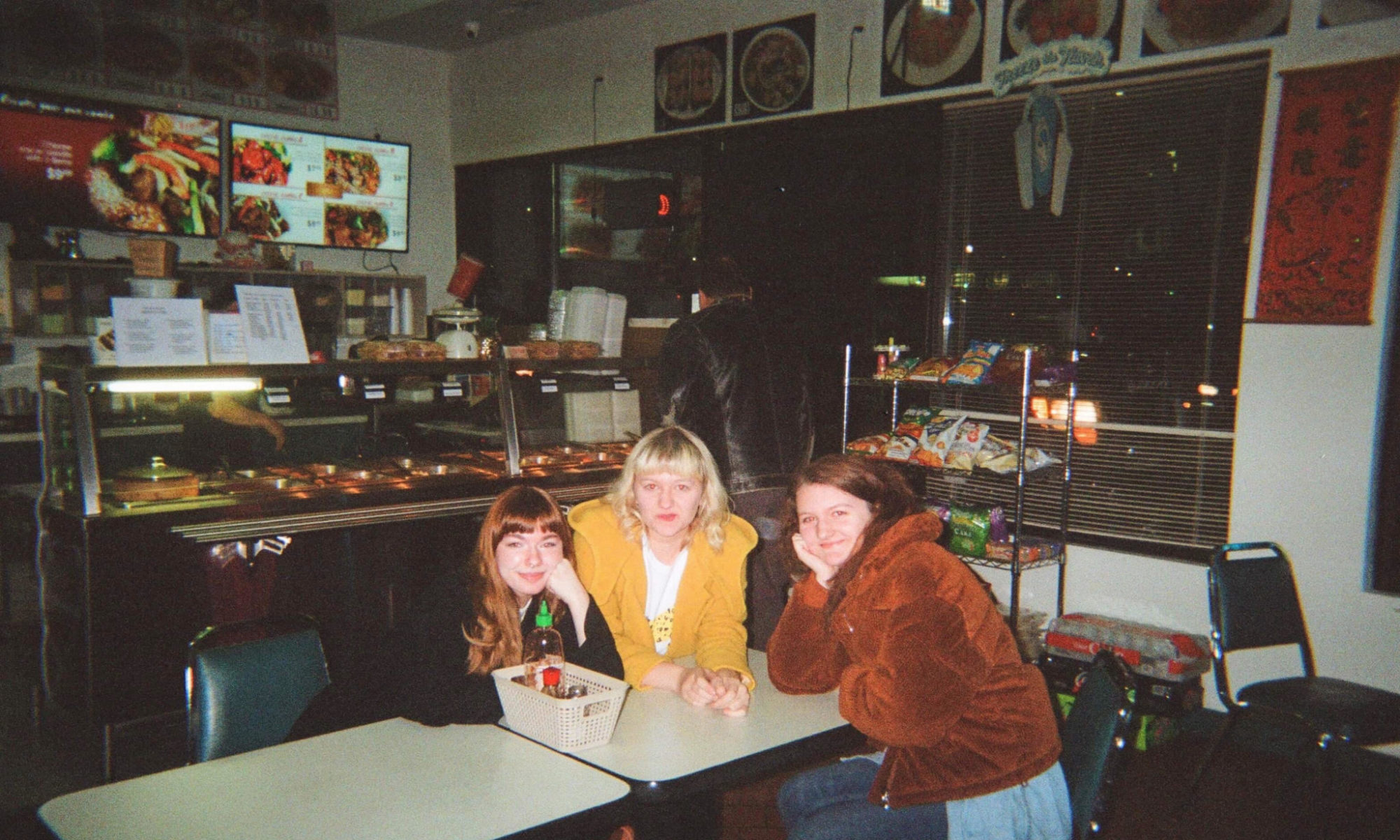
by Chris Bryson
The Faceless will be in Winnipeg on June 20th to play the Park Theatre with support from North Vancouver’s Angelmaker and locals Inverted Serenity. I got the chance to chat with Michael Keene, main creative force behind The Faceless about some insights into the project.
Stylus: What vision or hopes did you have in mind for the album when creating In Becoming a Ghost?
Michael Keene: Musically speaking, my vision was somewhat how I always go into writing, which is to write music that fulfills a musical void in myself and just hope that it fills that same void for other people as well. Ultimately I feel you have to make music to make yourself happy though. I think it’s the only way to write music with pure integrity. Lyrically speaking, this was the first record where I’ve delved deeply into very personal issues and feelings. It was a cathartic process that I very much needed at the time. I’ve felt that there is a lack of effort and sincerity in a lot of metal lyrics. I think I’m just too old for horror movie fantasies at this point. I’d rather read something with some kind of depth and thought provocation.
Stylus: Were there any differences in your approach to making In Becoming a Ghost in comparison to previous releases?
MK: The process was fairly similar to the writing for Autotheism in the sense that I wrote most of the music at a point when the band wasn’t really active and I was pretty isolated. The music all stemmed from either sitting with my guitar in my studio and recording ideas as I played or writing some of the more industrial/goth or the orchestral arrangements and then building from there. It’s been a very long time since I wrote any music for The Faceless the “old fashioned” way so to speak, in a practice space jamming with other people. Not that there’s anything wrong with that approach. It just hasn’t been how I’ve written the last few records.
Stylus: I read that the members who have quit the band are still intending to continue with all previously confirmed and scheduled touring commitments, and that you and your manager have been working on a new lineup for after that. Are you able to share who these people might be or a bit of what’s going on in that regard?
MK: As of right now we have a couple members confirmed, which I probably shouldn’t announce just yet, but the new members will be doing all of the upcoming touring with me moving forward from this point.
Stylus: From everything I’ve learned about you it seems like you’re an avid learner when it comes to music. What are some cool tricks or ideas you’ve come to in the past little while be it guitar, production, or writing related that you might want to share?
MK: I always try to keep learning and evolving. I’m always trying to pick up new tricks, but honestly one of the things I’ve come to terms with musically, is to trust my ear and not over think things. The more I write and record music, the more I want a natural, human quality to resonate in it. Which is something that is becoming increasingly rare in heavy music. When I hear a guitar part, I want to hear all the little idiosyncrasies that make it sound like someone actually played it on a guitar, which people tend to want to edit out of recordings these days. So I’ve really focused on hand tone and playing things with a touch on the instrument that come through in the recording and staying away from piecing guitar parts together one little section at a time.
Stylus: What were some of the main influences behind your complex approach to metal and wanting to make the kind of music that you do?
MK: Well primarily that my influences mostly don’t come from metal. I have my handful of favorite metal bands that I admire and respect, but my influences come from things that all qualify as “technical” or “progressive” music. Just not metal. Things like Steely Dan, Pages, Oingo Boingo, etc. I’m also very much influenced by the things I grew up listening to like Soundgarden, Nine Inch Nails, Ministry, Killing Joke, etc.
Stylus: What influences outside of metal contributed to the making of In Becoming a Ghost?
MK: Aside from what I already mentioned above, some things that influenced my writing for this record were a lot of the black metal I listen to like Emperor, Ihsahn or Enslaved. As well as industrial, goth rock and dark pop I grew up on like Depeche Mode, Sisters of Mercy, Front Line Assembly later era Oingo Boingo and Ministry’s first record “With Sympathy”. Danny Elfman was also a huge influence, which I think is pretty obvious.
Stylus: How have your priorities as a musician and songwriter changed between the making of Autotheism and In Becoming a Ghost?
MK: I’ve become less focused on what a particular genre is “supposed” to sound like and less focused on filling a “quota” of technicality expected from me I think. Ironically, the songs on IBAG are still largely the most technical and difficult to play of any of The Faceless’ catalogue, but I’m not afraid to start a song with a simple piano part and singing for the first 2 minutes or really experiment with bizarre arrangements that might throw people for a loop.
Stylus: Given your experience with making music that is complex and outside the norm, even for death and progressive metal, what advice would you give to bands/musicians that are making complex or challenging music but are still working at establishing a name and reputation for themselves?
MK: Carve your own path. There are a lot of new bands that are technically proficient, but I can’t tell one from the other. Focus on creating something unique and be true to your own curiosity. Take risks.
Stylus: What does The Faceless have in store after this next string of shows? Do you think it will be as long of a period of time until the next album?
MK: We’ll be touring through the rest of the year, but I’ve actually already written some new material. So I think you’ll be hearing new material much sooner than the time period between the last two records.

